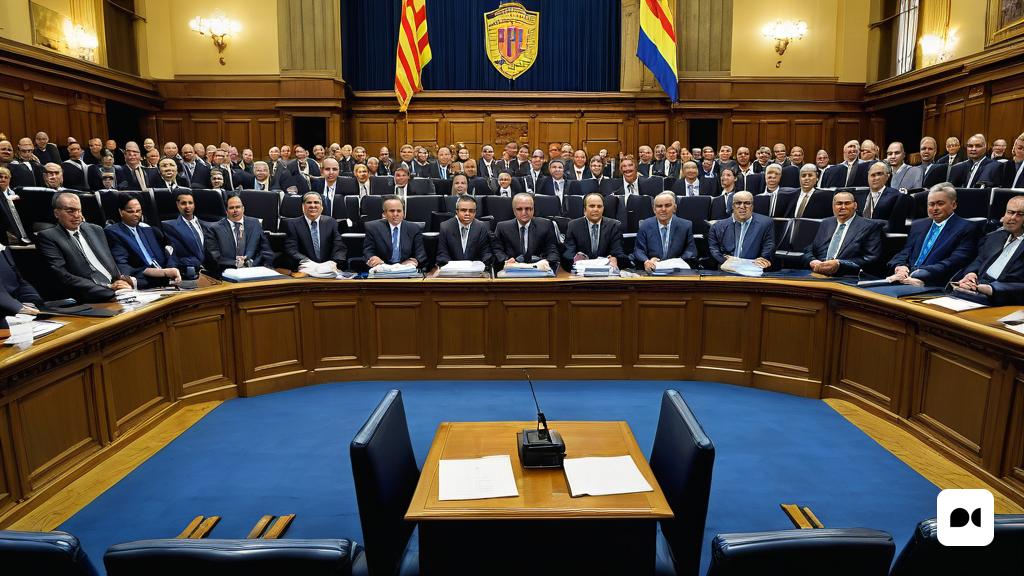Catalan Prosecutor’s Office requests the TSJC to reject Vox’s complaint
The Superior Prosecutor’s Office of Catalonia has urged the Superior Court of Justice of Catalonia (TSJC) not to admit for processing the complaint filed by the Vox parliamentary group. This complaint accuses the members of the JxCat Parliamentary Board and the CUP of prevarication for having accepted for processing the Popular Legislative Initiative (ILP) that called for lifting the declaration of independence of Catalonia.
Request for precautionary measures
In the complaint, Vox requested as precautionary measures that the Parliamentary Board be required to stop the processing of the ILP presented by Solidaritat Catalana per la Independència (SI). This ILP was approved with the votes in favor of Junts and the CUP, the refusal of the PSC-Units and the abstention of ERC, despite having the report against the lawyer Xavier Muro.
Current political context
The advance of the Catalan elections has left this proposal on hold, which must now be evaluated by the new Parliament Board. This situation occurs in a complex political context, with the decline of the independence parties and the growth of Spanish parties such as the PP and Vox.
Arguments and requests from Vox
The lawyer Xavier Muro argued that the ILP did not conform to the strict scope of the powers of the Generalitat and was not based on the Constitution or the Statute, since it sought to approve a ‘declaration of independence’. Vox considers that the admission of the ILP for processing is unconstitutional and that the Parliamentary Bureau had the legal obligation to reject it.
Legal implications
Vox requested that Muro’s statement be taken as a witness, and that the defendants – Anna Yerra, Aurora Madaula (JxCat) and Carles Riera (CUP) – be summoned as investigators. However, only Anna Yerra has been re-elected as a representative in recent elections.
ILP Content
The Popular Legislative Initiative proposes that the decision to declare independence corresponds to the people of Catalonia and the Parliament, empowering the Government to negotiate international recognition of the declaration of independence. However, with the new composition of the Parliament, it is unlikely that this proposal will advance in its processing.

